How References Can Make Or Break Your Career
What’s the most important aspect of any job application? A striking CV? That’s a given. A winning cover letter? That’s how you get your foot in the door. A strong interview? You’re almost there…
You might be surprised to learn that your references could make the difference between a job offer and the job centre. Here’s why.
Of course you’ll say you can do the job, but there’s nobody better placed to confirm that than a previous employer who’s seen your skills in action. Potential employers aren’t just looking for confirmation that you held the title you claim for the time stated on your CV – although that’s part of it – but they also want to find out more about what you’ve done previously; how your actual duties and responsibilities compare to the ones you’ve detailed – and how well you met their expectations.
Most hirers only take up references when they’ve already decided to appoint you, but some ask before interview. If that’s the case, make sure you don’t burn your bridges where you’re working now when they find out you’re looking elsewhere. If you think it could negatively impact your current position if you’re unsuccessful, it’s perfectly acceptable to offer one set of referees pre-interview and another when you get the offer, as long as you make that clear up front.
Set The Scene
Don’t bother with open letters of reference; nobody believes them. You need to put your hirer in touch with your referees directly, because that will carry more weight. But check they’re happy to provide a reference before you name them; there’s nothing more off-putting than a referee who says, ‘I’d rather not do this’ for whatever reason, because it sets alarm bells ringing. They might think you’re the best thing ever and just be unsure of the company policy on references, but it will make your prospective employer doubt your application.
If you have a good relationship with your referee, then it’s worth taking the time to describe what you’ve shared in the application process and what you have to offer in this role. You don’t need to coach them or provide a script, but a heartfelt explanation of why you think you’re right for the job could help to put them in the right headspace before they even speak to HR on your behalf.
Who To Choose?
If you’re a graduate, then a tutor or course leader is fine, but a supervisor from a work placement is better. If you’ve been in the industry for a few years, then you need to offer professional references. The best ones can offer real insight into what you have to offer your prospective employer – and that doesn’t have to be your line manager, although that’s best. You could also consider colleagues, supply chain contacts and clients as potential alternatives.
How Many References Do You Need?
Two at a minimum, up to five if you can; three is the magic number. Regardless of how many references you offer, it pays to be aware of the fact that the process might not be restricted to the names you put forward; a company might make an informal enquiry if they know your previous employer, or someone you worked with, so it pays to play nice out there as a bad reference will halt any inroads you have made with a prospective employer.
The Kingston Barnes Difference
Employers contact Kingston Barnes so that the Bristol based recruitment agency can find them the best candidates – and part of that process is taking up references. That puts you a step ahead of other candidates because your application has already been pre-approved. Kingston Barnes places a high priority on referencing all candidates so we know them inside and out.
End Game
When the dust has settled, take two minutes to thank your referees; that’s only polite. And if that isn’t motivation enough, just remember that it might not help you get the job this time, but what about next time around?
Contact Kingston Barnes today to find out about career advice and opportunities. You can call us on 0117 325 2233 or send an email to office@kingstonbarnes.com
